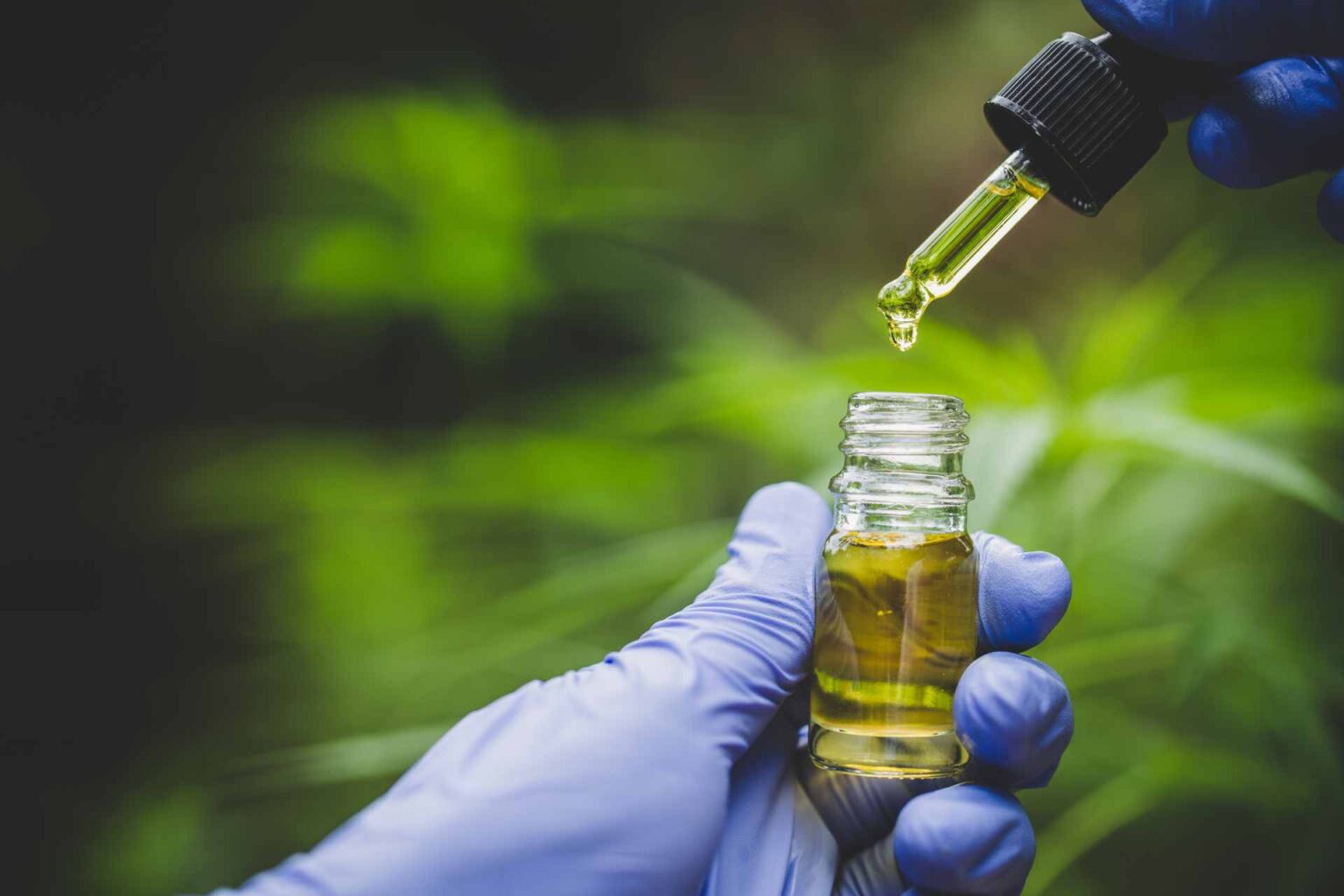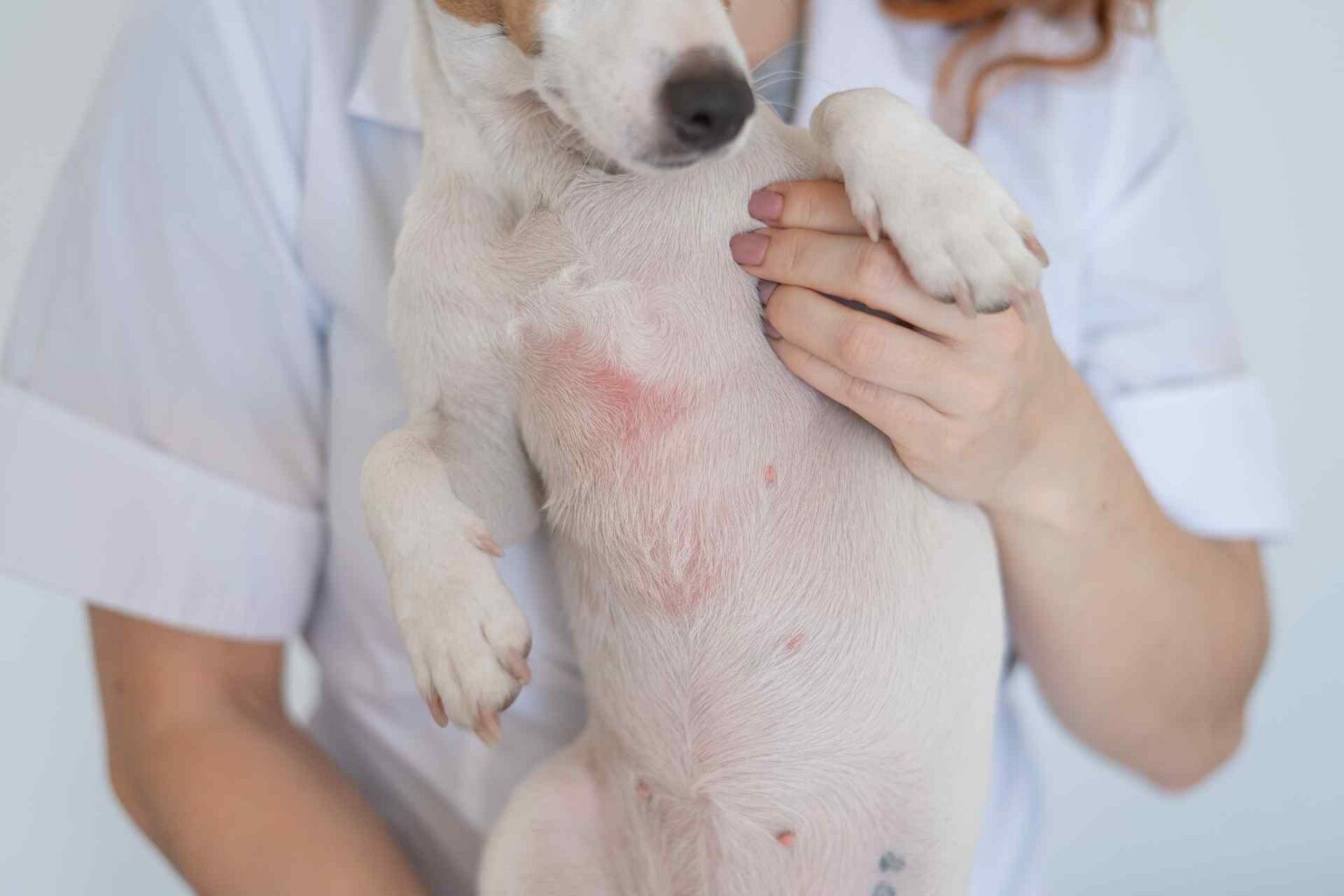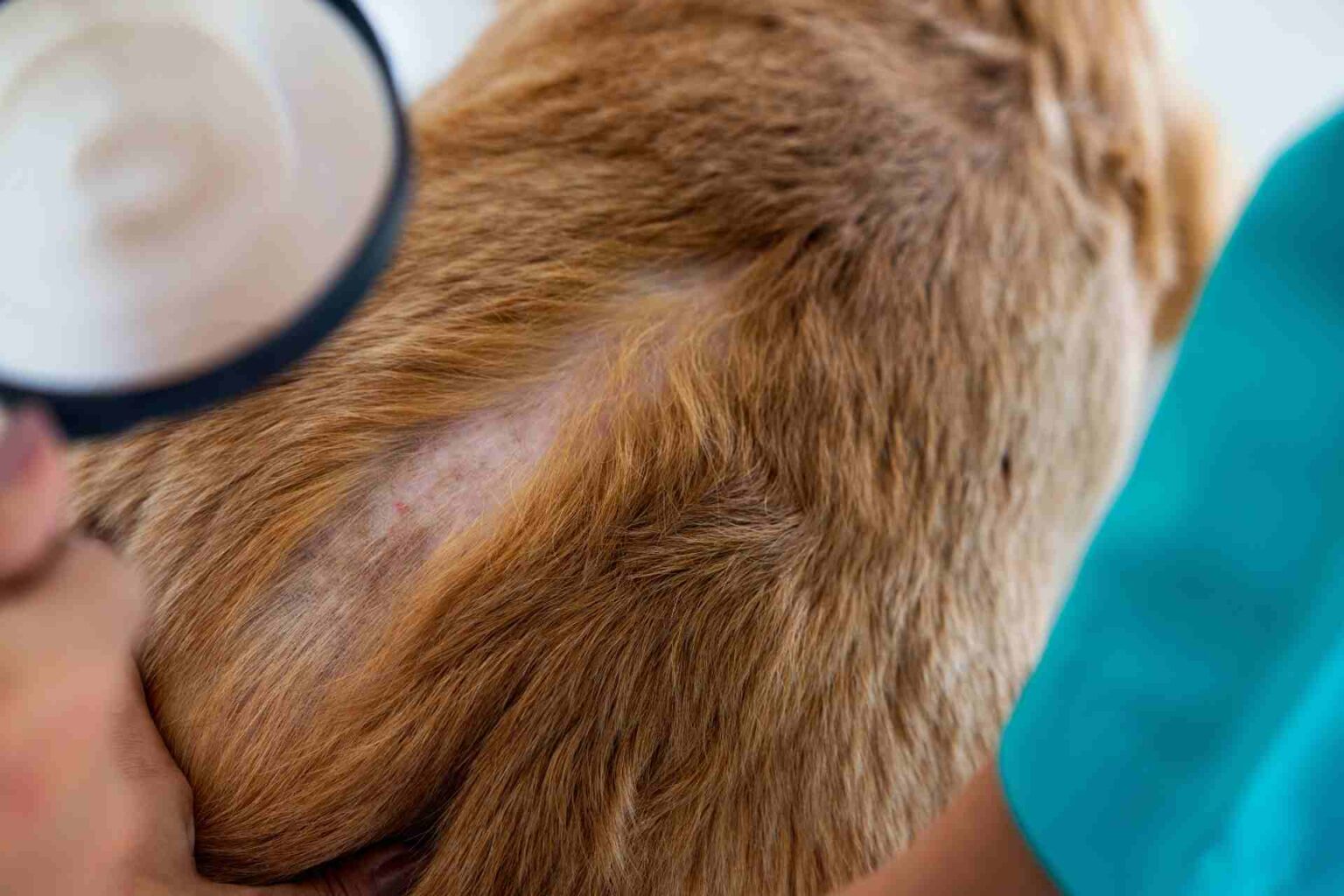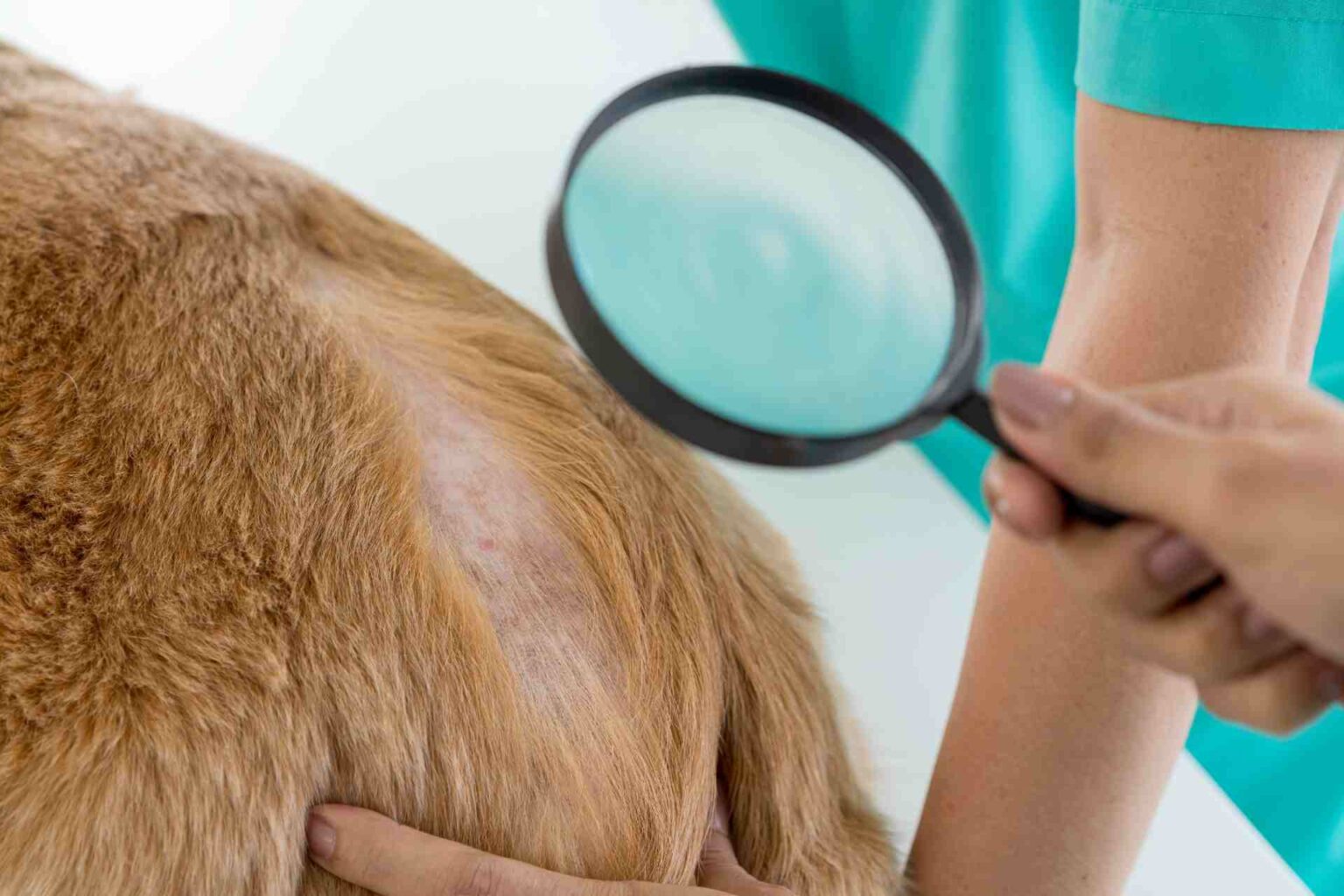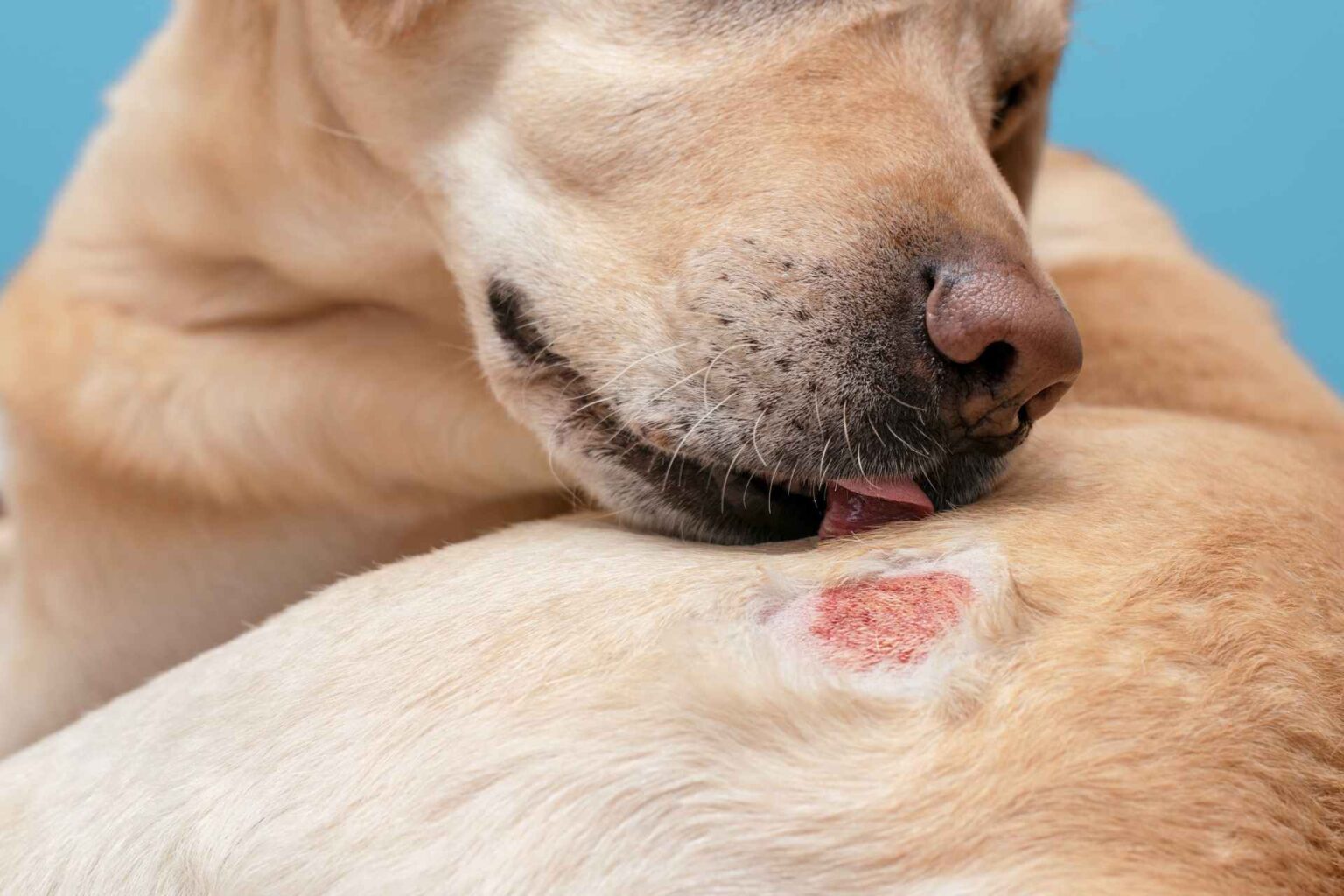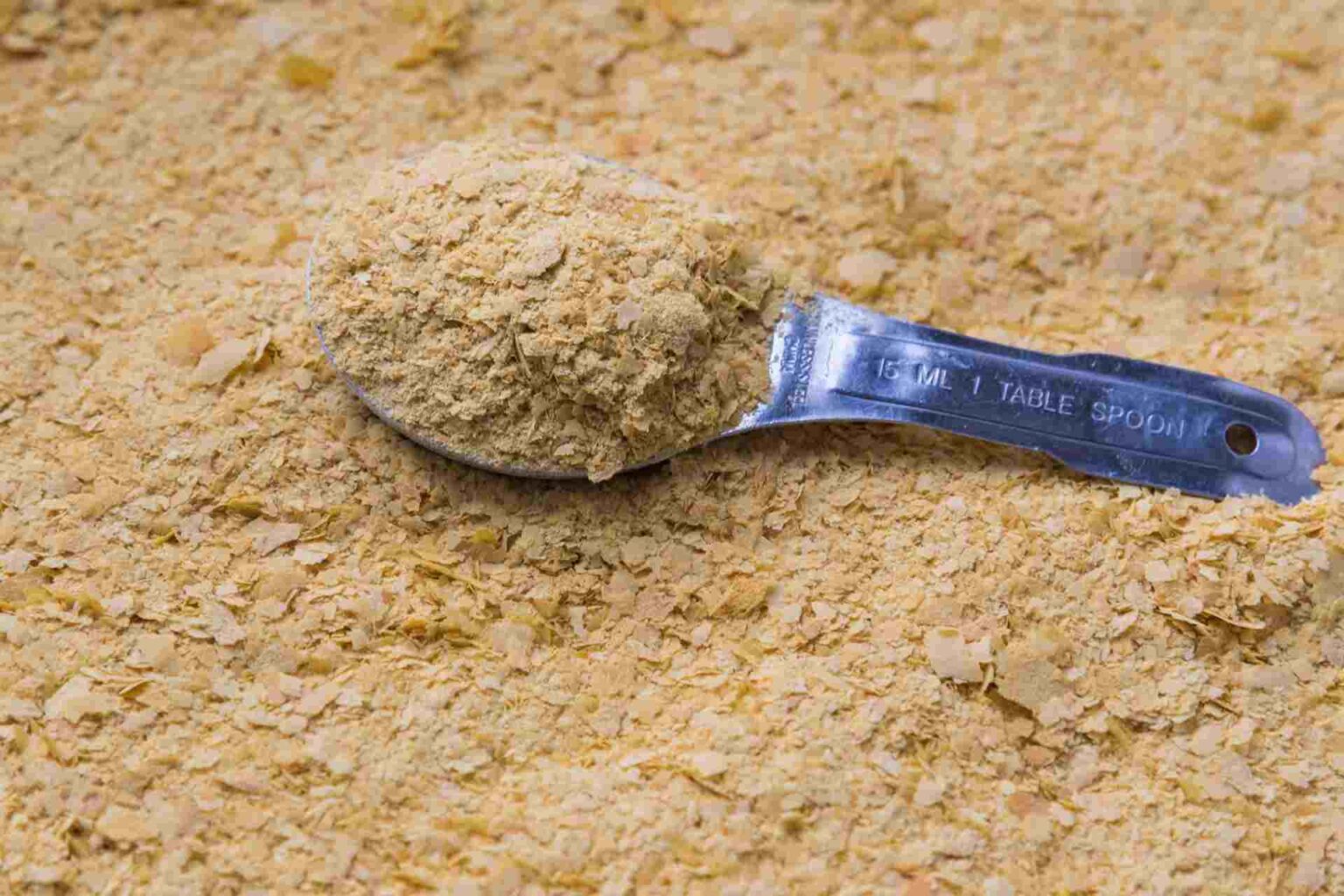The use of antibacterial shampoos for skin infections is increasing widely given the persistence of the antibiotic resistance issue. However, their effectiveness and characteristics are not the same.
Either way, shampooing with black currant seed oil or with 4% chlorhexidine would appear to have equal antimicrobial efficacy against methicillin-resistant or susceptible S. pseudintermedius (SP), S. aureus (SA), Escherichia coli (EC), and P. aeruginosa (PA), all strains related to canine pyoderma.
A study coordinated by Antonio Corona of the Turin Veterinary Clinic and published in Insight in Veterinary Science shows this.
With the main goal of curbing the development of antibiotic resistance, the use of topical antibacterial formulations, including shampoos, instead of systemic administration has, for the past few decades, been increasingly common. Although the route of administration changes, however, most of these products contain active ingredients of the antibiotic class. Of more recent interest, however, is the antimicrobial activity of phytotherapeutic substances, which, once their efficacy is confirmed, could be a viable alternative. This is the case, for example, withblack currant seed oil, which, in a previous study by the same group of researchers, was indeed shown to effectively counteract the proliferation of bacteria involved in canine cutaneous pyoderma. To further confirm its activity, in Corona’s study it was therefore compared here in vitro with a “classic” chlorhexidine-based shampoo (4 percent) at different dilutions. The test was conducted on 50 bacterial isolates from dogs with the disease (10 S. pse udintermedius methicillin-sensitive (MSSP), 10 S. pseudintermedius methicillin-resistant (MRSP), 10 S. aureus (SA), 10 Escherichia coli (EC) and 10 P. aeruginosa (PA). Let’s see what emerged:
- Both shampoos recorded antimicrobial activity against all strains tested
- strains showed complete susceptibility to the products up to and including 1:16 dilution. Beginnings of bacterial proliferation at the next step (1:32) related specifically to 2 strains of MRSP for oil shampoo and 4 for chlorhexidine shampoo
- albeit with some strain-specific differences, there was no significant variation between the two shampoos in terms of antibacterial efficacy.
Further investigation with more bacterial isolates and in vivo confirmation of these data are needed, however.





